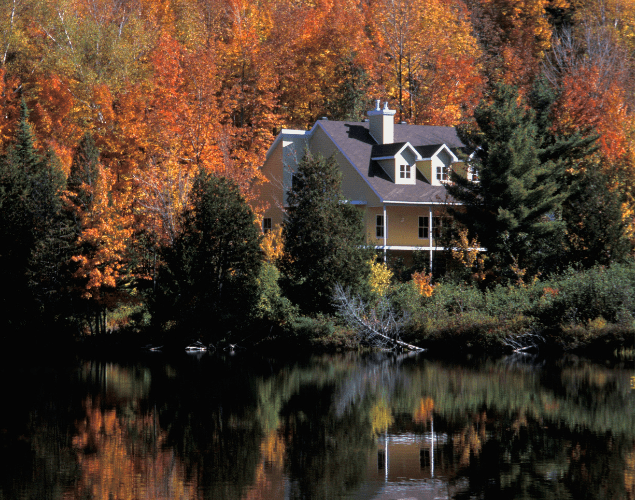Still a far cry from the buying frenzy of the pandemic, demand for recreational property is in rapid decline. All indications are that the once-booming pockets of cottage country are now being negatively impacted by inflationary pressures and interest rates. In times like this, people do tend to sell their vacation properties first. But, is anyone buying?
According to the latest figures from the Canadian Real Estate Association, year-to-date waterfront sales are down 5.1% compared to the same period in 2022, while non-waterfront sales are down 7.8%. Meanwhile, sales in both segments are hovering around 30% below their five- and 10-year averages (@ Sept). Demand is indeed running below typical levels for this time of year. These data are similar for both the Lakeland areas and the Kawarthas.
It’s safe to assume that everyone will have a different take on these stats and a different view of the market, so talk to 10 different realtors and you’ll probably get 10 different opinions. Differences aside, the common theme is that cottage country is pretty much “screeching to a bit of a halt” and leaning towards a buyer’s market. At the same time, sellers are fairly reactive amid this economic uncertainty and more and more inventory is coming on the market daily.
In particular, the very “high end” of the market is most affected with properties in the $3.5M to $6M listings coming on the market like never before. Muskoka is probably surviving better than most areas as the Haliburton, Kawarthas, Port Severn and Parry Sound markets are less seller-favourable right now.
There have been instances where prices have been slashed by as much as 80%. We’re seeing boomers biting the bullet, taking the hit and divesting – especially those who are ready to downsize and won’t be passing cottages down to their kids. Increasingly, the kids just can’t afford the carrying costs of “the gift”!
Bottom line? There could be some attractive cottage country bargains out there. If you’ve got the time and the resources, we can head out to see some properties now. Anxious sellers just may be receptive to “lowball” offers before the snow flies.








